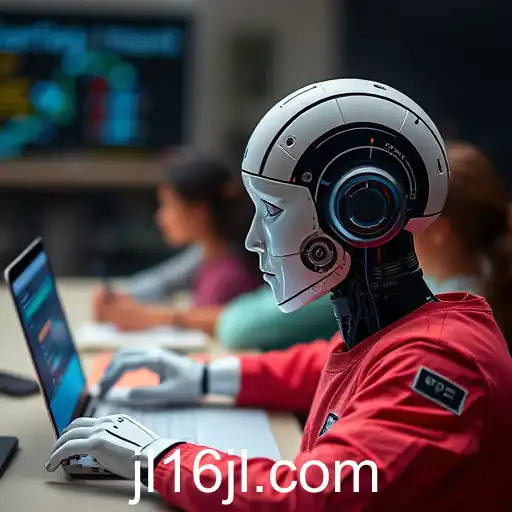
Artificial intelligence (AI) is steadily transforming various sectors, and education is not immune to its sweeping changes. As we progress into the mid-2020s, technologies driven by AI are not only altering the traditional classroom experience but also influencing the very policies that govern these educational environments. This shift presents both opportunities and challenges as educators and policymakers grapple with how best to integrate these innovations.
One of the significant discussions around AI in education pertains to personalized learning. AI's capacity to tailor educational content to meet the individual needs of students is a key feature that has garnered immense attention. Algorithms can assess a student's learning pace and adapt materials accordingly, making education more efficient and effective. This personalized approach not only aids in better comprehension but also addresses the diversity of learning styles found within a classroom.
However, the implementation of AI in education also raises questions about data privacy and security. The vast amounts of student data required to feed AI systems pose significant risks if not managed correctly. Policymakers must create robust frameworks to ensure data protection without stifling the technological advancements that AI promises.
Furthermore, AI's role in education brings into question the future roles of educators. Will AI replace teachers, or will it merely serve as a supplemental tool to enhance teaching methods? The consensus is shifting toward a synergy where AI acts as an ally to educators, handling administrative tasks and providing analytics, thereby allowing teachers to focus on more creative and interpersonal aspects of teaching.
The dynamics of education policies, such as the ones being reconsidered in countries around the world, point to a need for careful planning and consultation with stakeholders at all levels. For instance, initiatives like JL 16 in the United States are leading the charge in exploring how these technologies can be ethically and effectively integrated into curricula.
In conclusion, the incorporation of AI in educational settings offers a glimpse into a more interconnected and technologically advanced future. By addressing the challenges and harnessing the potential of AI, education policies can support the creation of a learning environment that is equitable, secure, and adaptive to the needs of future generations.


